Faruk Hasan, a grocery store owner, came from Comilla to Dhaka for medical care. Diagnosed with a liver problem, he went to Shaheed Suhrawardy Medical College Hospital in Dhaka for better treatment.
However, he could not see a doctor even after trying for two days because there were none available at the hospital.
Not only that, but he also could not get a basic health check-up.
There is a stagnation in medical services in hospitals. Speaking to several people revealed that surgeries are also on hold due to the absence of doctors.
Sheikh Hasina resigned as prime minister on Monday faced with a massive uprising. In the afternoon that day, she signed her resignation letter, fled the country and sought sanctuary in India.
After her departure, Chief of Army Staff General Waker-uz-Zaman announced that an interim government would soon be formed.
The administrative system collapsed immediately after Hasina resigned, effectively dissolving her cabinet.
Although offices and courts later reopened, almost everything remains practically non-functional.
Following the fall of the Awami League government, hospitals across the country have become almost devoid of doctors and officials. Doctors backed by the Swadhinata Chikitsak Parishad (SWACHIP), an organization of pro-Awami League doctors, were working in these hospitals, none of whom are present now. Some general doctors are there – but no senior officials are present.
Some members of the BNP-supported Doctors Association of Bangladesh (DAB) are present in hospitals, but no administrative officers are working. Meanwhile, DAB leaders are making their presence known through rallies and meetings.
No one is working at the Directorate General of Health Services in Mohakhali, which oversees the health sector.
Staff members of the directorate reported that the director general, line directors and most other officials were not coming to the office.
An employee said offices had reopened, but no one was coming. “Many are feeling insecure. When a situation changes, many things change. Everyone is now in a state of confusion. We do not know what to do either. But the office is open.”
SWACHIP members said that they had over 13,500 members across the country, all doctors. They said many had been serving as directors in various hospitals but none were going to the hospitals now.
A SWACHIP leader, speaking on condition of anonymity, said there were attacks everywhere, and no doctors were safe. “Many are trying to stay safe.”
In visits to various hospitals in Dhaka, no senior officials were found.
Other doctors at several government hospitals, including the National Institute of Cardiovascular Diseases, National Institute of Traumatology and Orthopaedic Rehabilitation (Nitor or Pangu Hospital), National Institute of Diseases of the Chest and Hospital, and National Institute of Kidney Diseases and Urology, reported that Awami League-affiliated and supported doctors were not coming to work, and many specialist doctors were not attending their private chambers.
Not only are hospital directors absent, but the vice chancellors of medical universities are also missing. The VC of Bangabandhu Sheikh Mujib Medical University (BSMMU) in the capital was also absent during a visit.
However, Brigadier General Dr Md Rezaur Rahman, the hospital's director, said the hospital services were operational, but the number of patients was slightly lower.
“There was a crisis initially. However, today leaders from various levels visited [the hospital]. Discussions were held. There is no deficiency in hospital services, and our doctors are ready.”
https://www.dhakatribune.com/354058




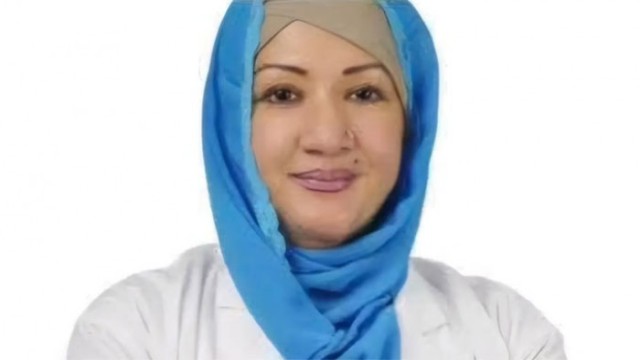
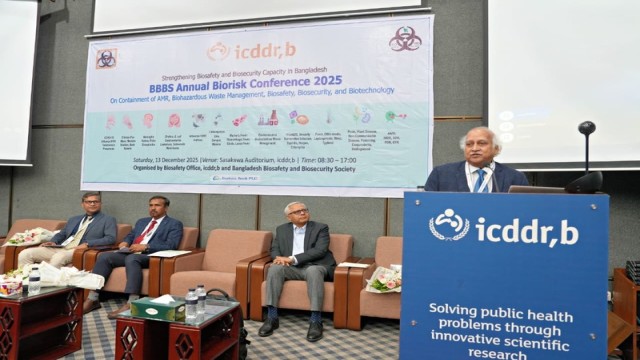
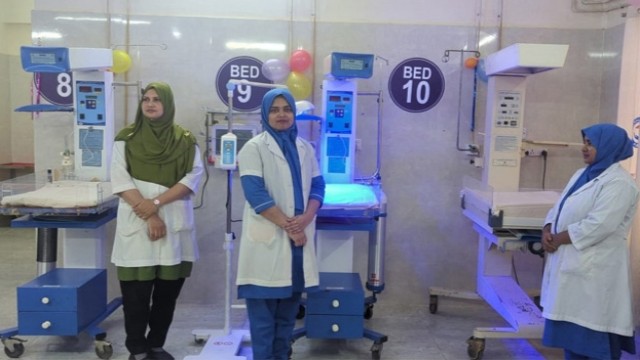
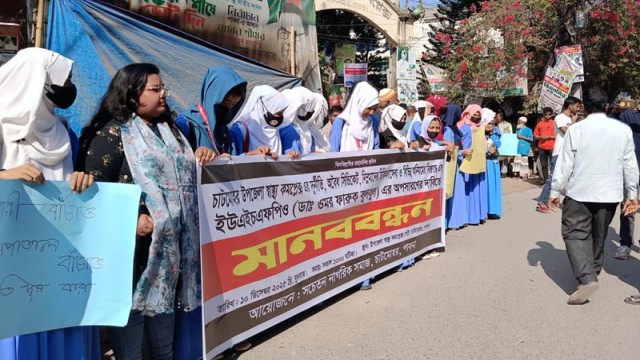
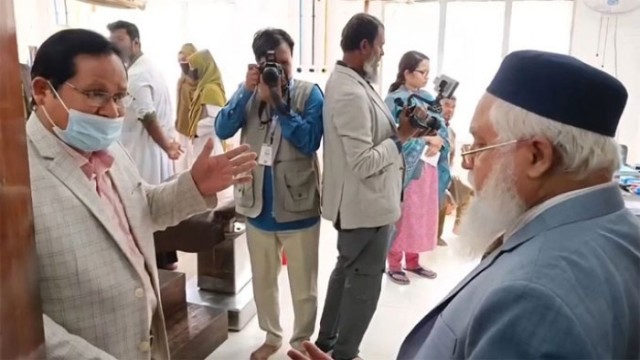
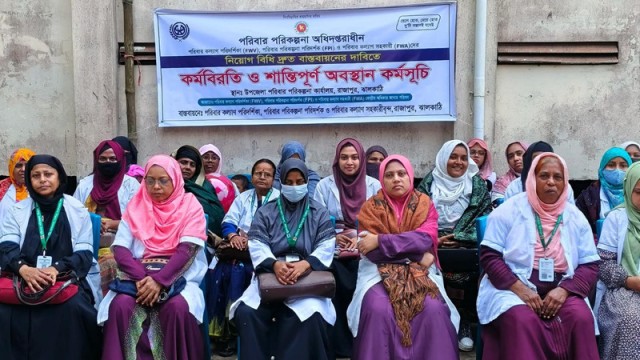
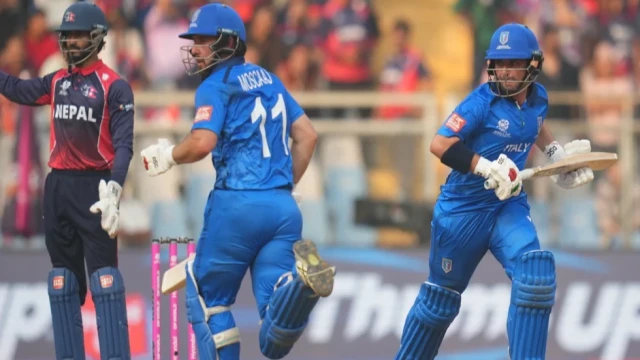
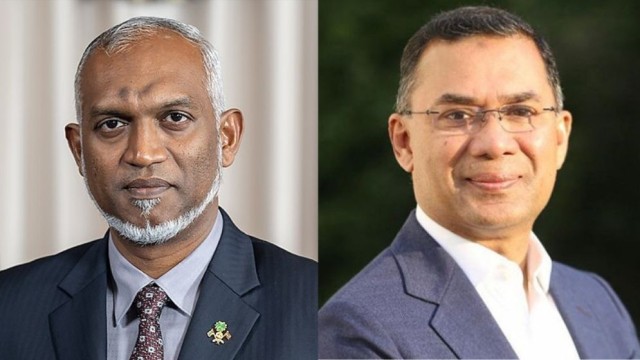
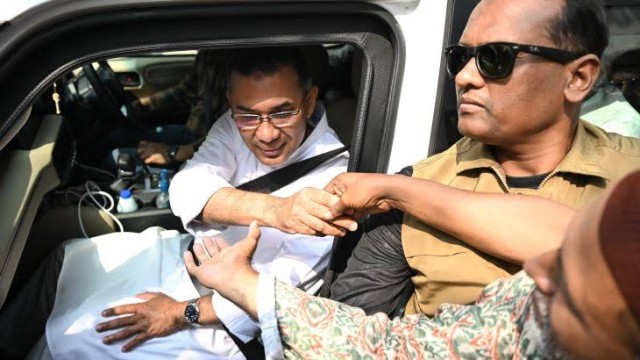
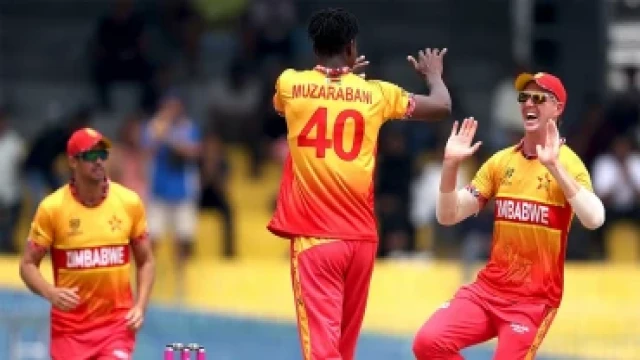

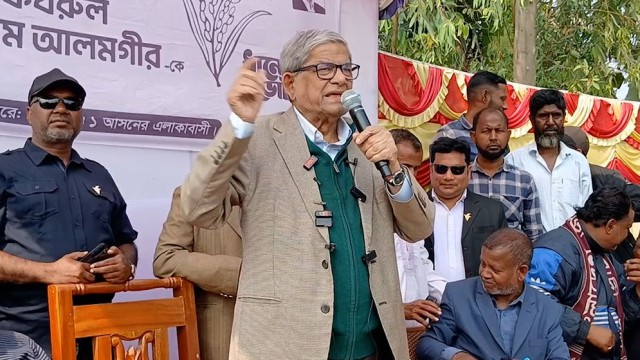
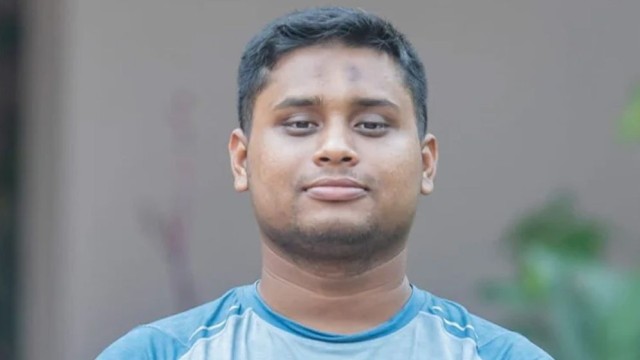














Comment: